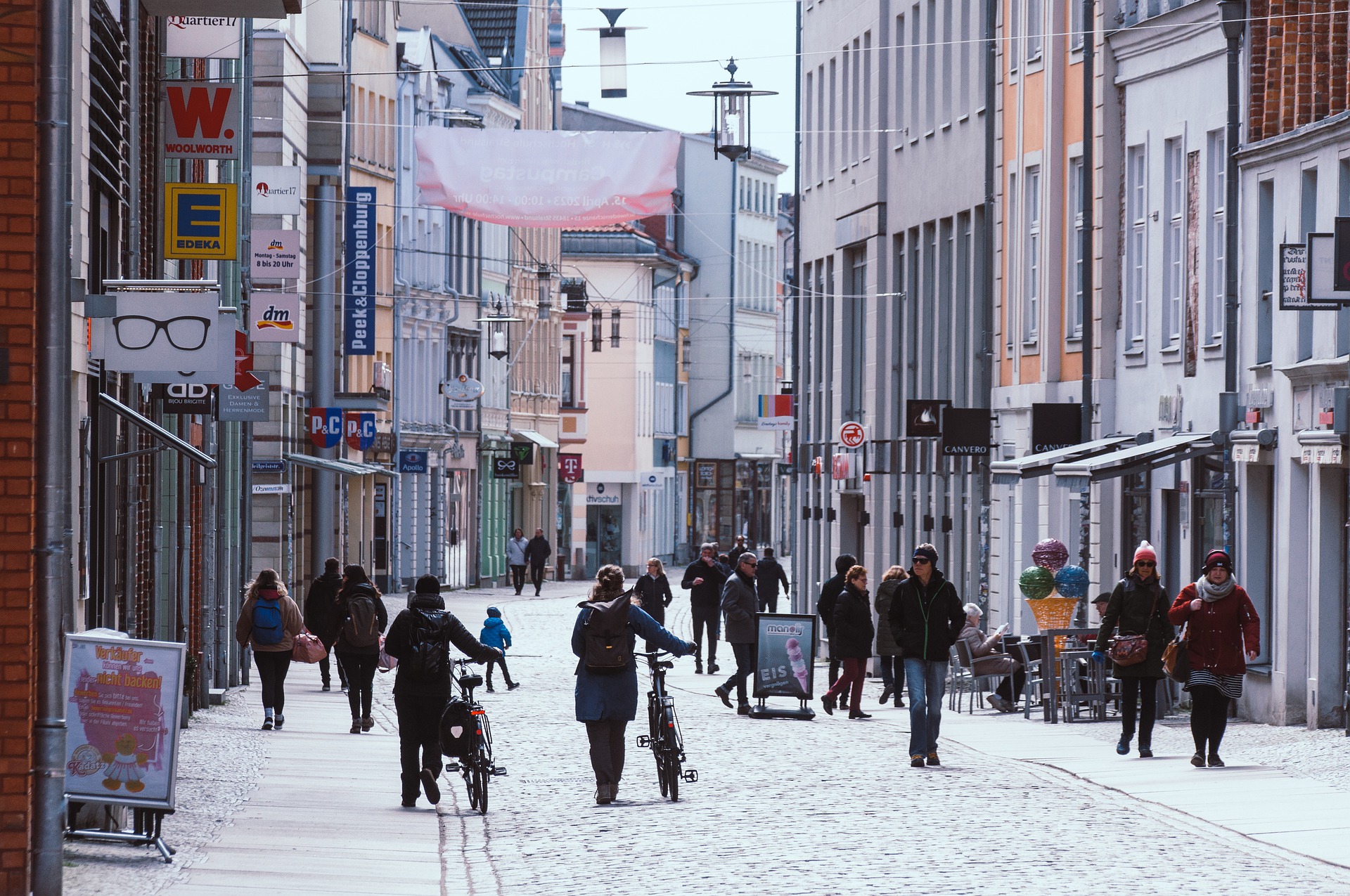The Emergence of Slow Living: An Antidote to Modern Haste
Immerse yourself in the intriguing world of slow living, a cultural shift towards mindful existence that challenges the rushed pace of modern life. Read below to discover how this movement is reshaping societal attitudes towards time, productivity, and overall wellbeing.

Unmasking Slow Living: A Historical and Sociological Perspective
The concept of slow living finds its roots in the late 1980s, born out of the Slow Food movement in Italy, which resisted the encroachment of fast food and advocated for a more conscious approach to eating. This ethos gradually extended beyond the realm of food, sparking a broader slow movement that permeated various aspects of life, from travel and education to work and leisure.
Sociologically, slow living can be seen as a reaction to the accelerating pace of modernity. It challenges the mainstream narrative equating speed with success and efficiency, proposing instead a more mindful, sustainable, and humane approach to everyday life. The movement revolves around the idea of ‘slowing down’ – a conscious deceleration aimed at enhancing quality of life and fostering deeper connections with ourselves, others, and the world around us.
The Cultural Shift towards Slow Living
Today, the slow living movement is gaining traction worldwide, reflecting a growing desire for a more balanced and mindful lifestyle amidst the relentless pace of modern life. This cultural shift is evident in the rising popularity of practices such as mindful meditation, digital detoxes, and sustainable living, all of which embody the slow living ethos.
Moreover, the global pandemic has further spotlighted the benefits of slow living, as lockdowns and social distancing measures have forced many people to slow down and reassess their priorities. As a result, slow living is no longer a fringe lifestyle choice but is fast becoming a mainstream cultural trend.
The Societal Impact and Significance of Slow Living
Slow living holds profound implications for society at large. At a personal level, it promotes mental health and wellbeing by encouraging individuals to disconnect from the frantic pace of modern life and reconnect with their inner selves. It also fosters deeper social connections, as slowing down enables people to invest more time and attention in their relationships.
At a broader societal level, slow living challenges the dominant culture of consumerism and instant gratification, advocating instead for sustainability and long-term wellbeing. It encourages a shift away from the rampant pursuit of material wealth towards a more balanced and holistic definition of success that includes emotional and environmental wellbeing.
The Slow Living Movement: Backed by Research
Recent research supports the benefits of slow living. Studies indicate that practices associated with slow living, such as mindfulness and meditation, can enhance mental health, reduce stress, and improve cognitive function. Furthermore, research suggests that slow living can foster social cohesion and environmental sustainability, reinforcing its relevance in today’s fast-paced, digitally saturated, and ecologically vulnerable world.
Balancing Depth with Accessibility: The Way Forward
The slow living movement presents a compelling alternative to the relentless pace of modern life. However, it should not be idealized as a panacea for all societal problems. Like any cultural trend, it carries its own set of challenges and contradictions, and its benefits may not be equally accessible to all.
Nevertheless, the core ethos of slow living – a conscious deceleration aimed at enhancing the quality of life – holds powerful potential for personal and collective growth. As we navigate the complexities of the 21st century, slow living invites us to pause, reflect, and reimagine our relationship with time, productivity, and wellbeing.






